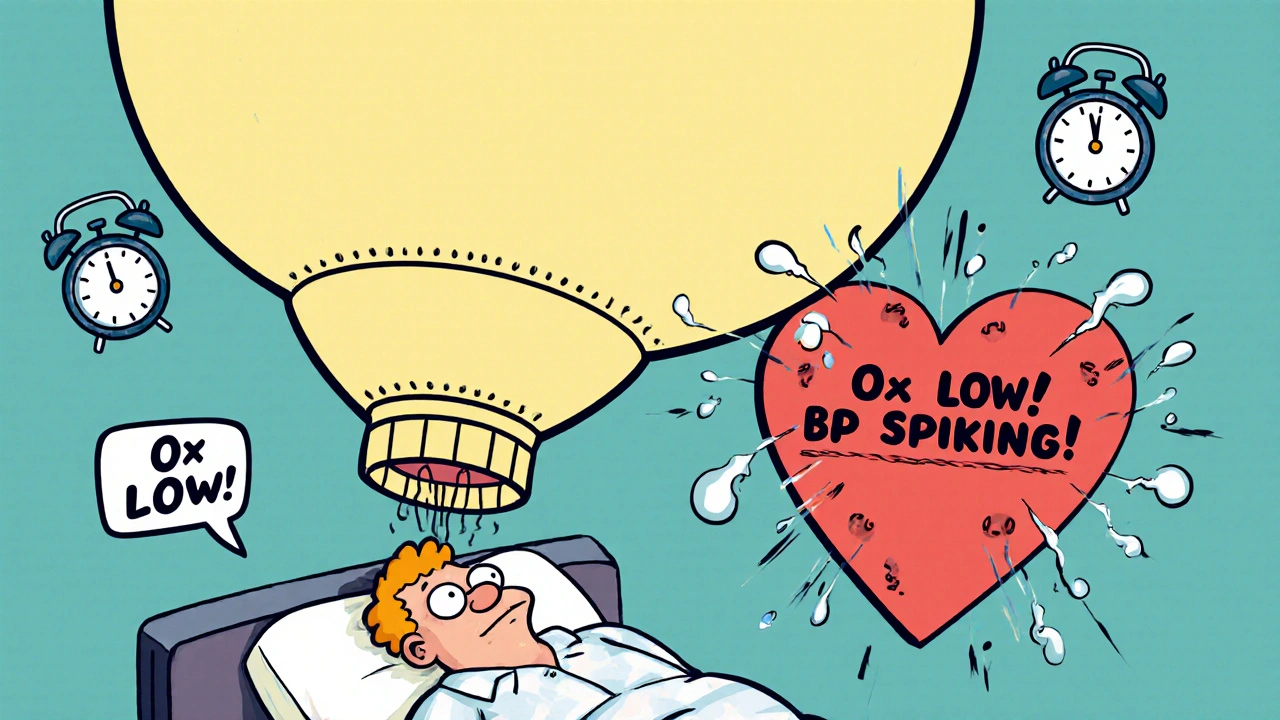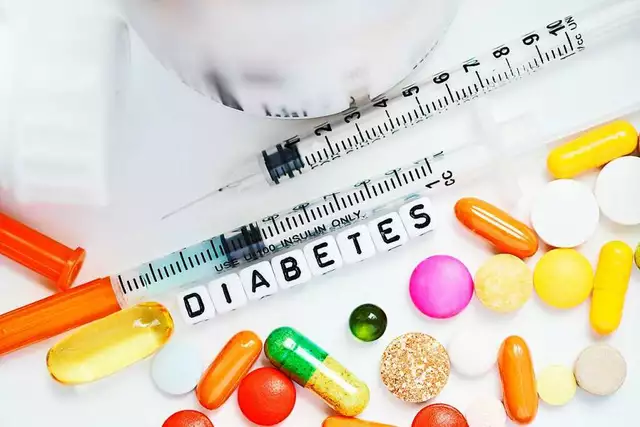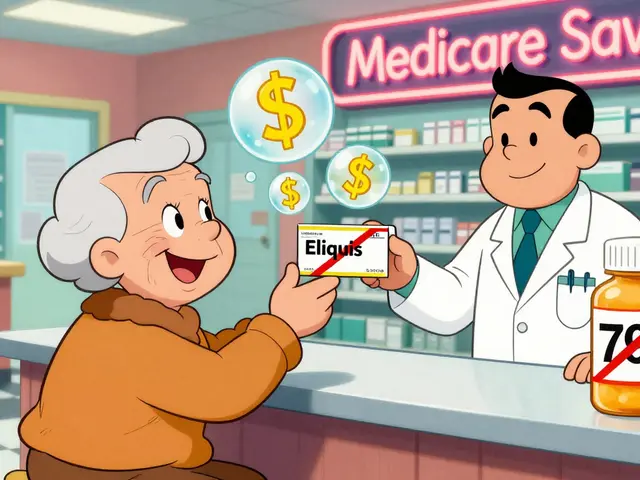Arrhythmia: Causes, Treatments, and Medications That Help
When your heart doesn’t beat in a steady rhythm, you’re dealing with arrhythmia, an abnormal heart rhythm that can feel like fluttering, racing, or skipping beats. Also known as heart rhythm disorder, it’s not always dangerous—but left unchecked, it can lead to stroke, heart failure, or sudden cardiac arrest. Many people ignore early signs, thinking it’s just stress or caffeine. But arrhythmia isn’t just a nuisance—it’s a signal your heart’s electrical system is out of sync.
There are many types. atrial fibrillation, the most common form, causes chaotic upper heart chamber beats and raises stroke risk. Then there’s bradycardia, where the heart beats too slowly, often needing a pacemaker. And ventricular tachycardia, a fast rhythm from the lower chambers, which can be life-threatening. What triggers these? Heart disease, high blood pressure, electrolyte imbalances, thyroid problems, or even certain meds. Some people get arrhythmia after a heart attack. Others have it because of genetics or excessive alcohol use.
Medications are often the first line of defense. Antiarrhythmic drugs like amiodarone, flecainide, or sotalol help reset the heart’s rhythm. Beta-blockers such as metoprolol slow the heart rate and reduce strain. Blood thinners like warfarin or apixaban are used if you’re at risk for clots. But these drugs aren’t one-size-fits-all. What works for one person might cause side effects in another. That’s why doctors use tests like EKGs, Holter monitors, and sometimes electrophysiology studies to tailor treatment.
It’s not all pills. Lifestyle changes matter—cutting caffeine, quitting smoking, managing stress, and getting regular exercise can reduce episodes. For some, a pacemaker or ablation procedure is the best solution. And if you’re on meds like antipsychotics or diuretics, you should know they can also affect heart rhythm. That’s why monitoring is key.
Below, you’ll find real, practical posts on how specific drugs interact with heart health, what side effects to watch for, and how to tell if your treatment is working—or if you need a change. Whether you’re newly diagnosed or managing arrhythmia long-term, these articles give you the clear, no-fluff facts you need to make smarter choices with your doctor.




